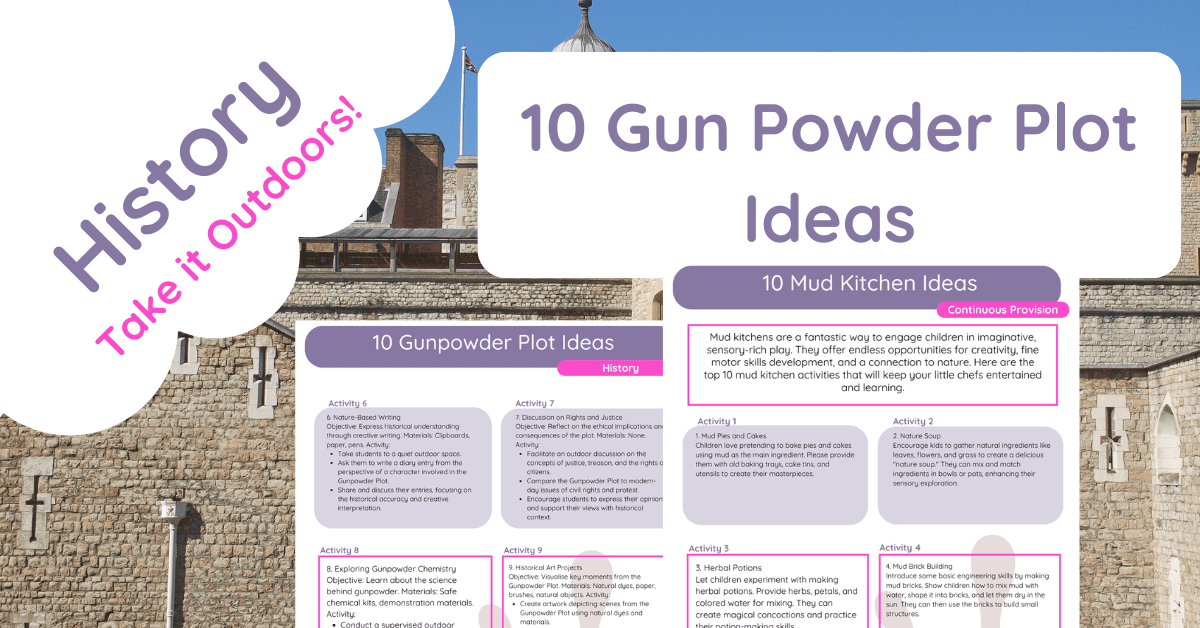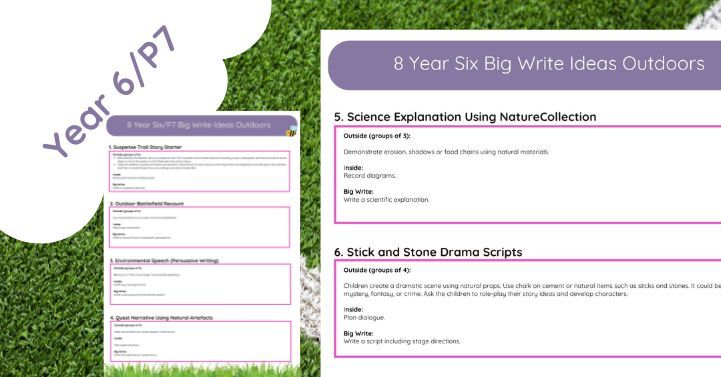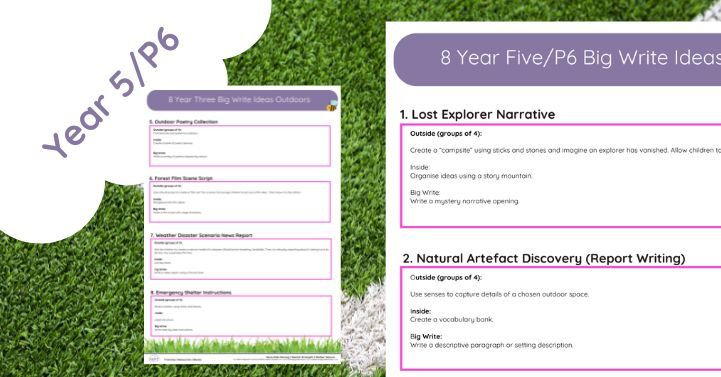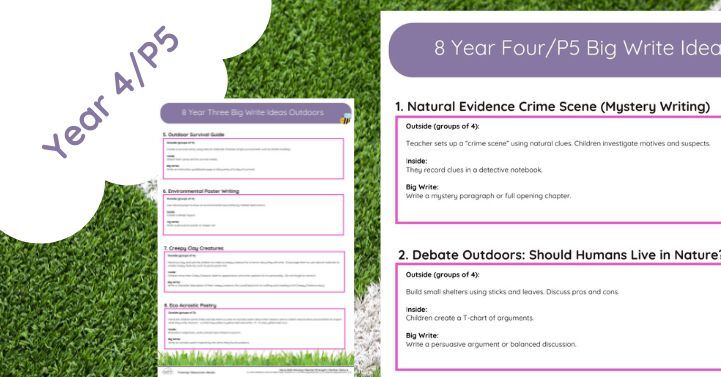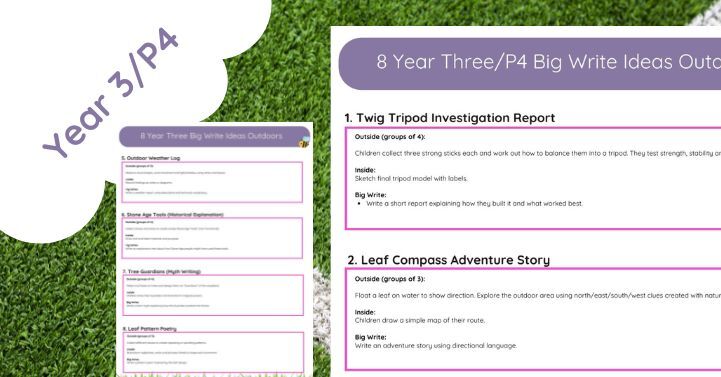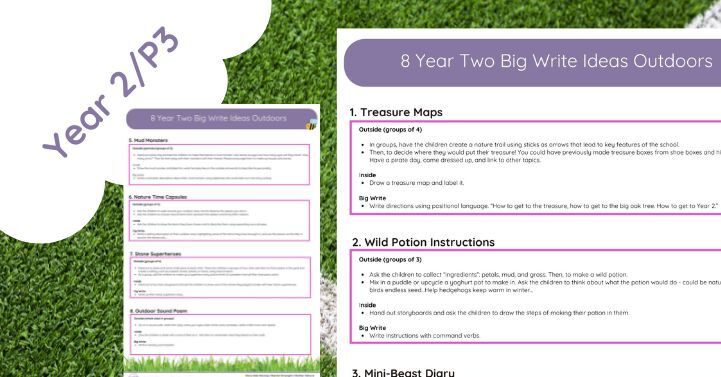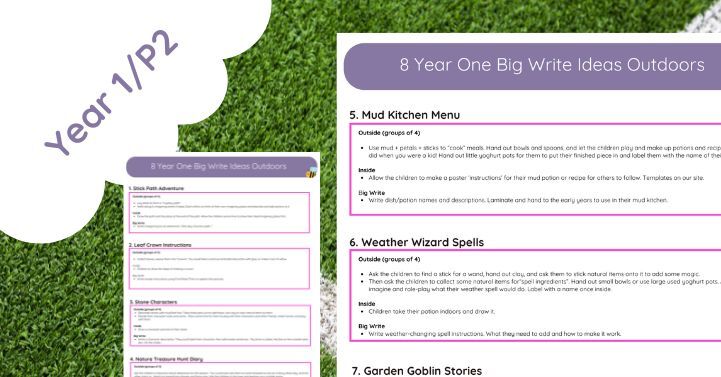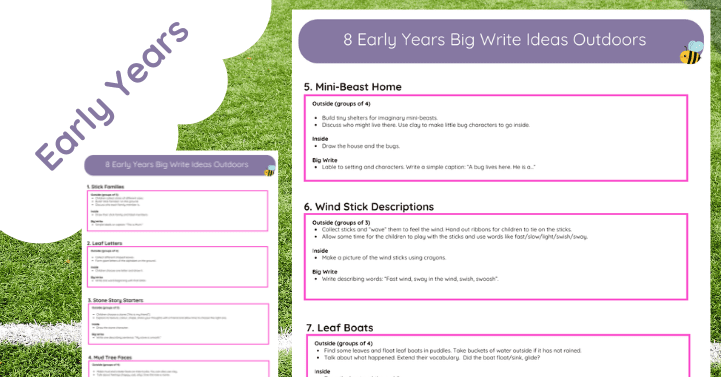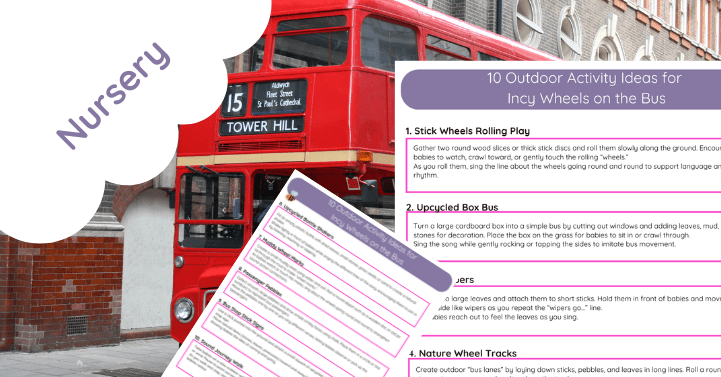The Gunpowder Plot: An Explosive Chapter in British History
The Gunpowder Plot of 1605 is one of the most intriguing and dramatic events in British history. This failed conspiracy to blow up the Houses of Parliament and assassinate King James I continues to capture the imagination of people around the world. Let’s delve into what the Gunpowder Plot was, its key figures, the motivations behind it, and its enduring legacy.
What Was the Gunpowder Plot?
The Gunpowder Plot was a plan devised by a group of English Catholics to kill King James I and many of the Protestant aristocracy by blowing up the House of Lords during the State Opening of Parliament on November 5, 1605. The conspirators aimed to end Protestant rule in England and replace it with Catholic leadership.
External Resource: BBC History – The Gunpowder Plot
Key Figures in the Plot
Guy Fawkes: The most well-known conspirator, Guy Fawkes was responsible for igniting the gunpowder stored in the cellar beneath the House of Lords. He was captured on the night of November 4, 1605.
Robert Catesby: The leader of the plot, Catesby was a devout Catholic who believed that violent action was necessary to restore Catholicism in England.
Thomas Percy: A key ally of Catesby, Percy provided much of the financial backing for the plot and secured the lease of the cellar where the gunpowder was stored.
External Resource: History – Key Figures in the Gunpowder Plot
Motivations Behind the Plot
The primary motivation for the Gunpowder Plot was religious persecution. English Catholics had faced harsh penalties under Protestant rule, including fines for not attending Anglican services, restrictions on their rights, and even execution. The plotters hoped that by assassinating King James I and other key figures, they could incite a Catholic uprising and restore Catholic monarchy.
External Resource: National Archives – Gunpowder Plot
The Discovery and Failure of the Plot
The plot was foiled when an anonymous letter was sent to Lord Monteagle, warning him to avoid the State Opening of Parliament. This letter led to a search of the cellars beneath the House of Lords, where Guy Fawkes was discovered guarding 36 barrels of gunpowder. Fawkes was arrested, and the remaining conspirators were eventually captured or killed.
External Resource: The Gunpowder Plot Society
The Aftermath and Legacy
The failure of the Gunpowder Plot had significant consequences. The government introduced even stricter laws against Catholics, and the plotters were executed for treason. November 5th has since been commemorated in Britain as Guy Fawkes Night, where effigies of Fawkes are burned on bonfires, and fireworks are set off.
External Resource: History UK – Guy Fawkes Night
Educational Activities and Resources
Understanding the Gunpowder Plot can be greatly enhanced through interactive and outdoor learning activities. The Muddy Puddle Teacher (MPT) offers various resources and ideas for educators to bring this historical event to life for students.
Historical Reenactment
Recreate the events of the Gunpowder Plot with costumes and props. This activity helps students understand the key figures and the plot’s timeline.
External Resource: BBC Bitesize – Reenacting History Resource: Muddy Puddle Teacher – Role-Playing Resources
Treasure Hunt for “Gunpowder Barrels”
Hide small containers around the outdoor area, each containing facts about the plot. This engaging activity combines physical activity with historical learning.
External Resource: Scavenger Hunt Ideas Resource: Muddy Puddle Teacher – Outdoor Learning Packs
Building Miniature Models
Using natural materials, students can build models of the Houses of Parliament and the cellar. This hands-on activity promotes understanding of the plot’s logistics.
External Resource: Model Making Tips Resource: Muddy Puddle Teacher – Crafting Kits
Storytelling Circle
Narrate the story of the Gunpowder Plot in an outdoor setting. Students can add details, ask questions, and engage in discussion to deepen their understanding.
External Resource: Benefits of Storytelling
Timeline Creation
Create a timeline of the plot’s events on a large piece of paper or fabric outdoors. This visual representation helps students grasp the sequence of events.
External Resource: Interactive Timelines Resource: Muddy Puddle Teacher – Historical Timelines
Nature-Based Writing
Ask students to write diary entries from the perspective of a plotter or government official. This creative writing exercise fosters empathy and historical insight.
External Resource: Creative Writing Exercises
Discussion on Rights and Justice
Facilitate a discussion on the ethical implications of the plot, comparing it to modern issues of civil rights and protest. This encourages critical thinking and debate skills.
External Resource: Teaching Controversial Issues
Exploring Gunpowder Chemistry
Conduct a safe demonstration of the chemical reactions involved in making gunpowder. This scientific exploration adds a hands-on element to the historical study.
External Resource: Gunpowder Chemistry
Historical Art Projects
Create artwork depicting scenes from the Gunpowder Plot using natural dyes and materials. Display the artwork and discuss its historical context.
External Resource: Art in History
Role-Playing Debate
Hold a debate on the justification of the Gunpowder Plot. Assign roles to students and encourage them to present arguments and counterarguments.
External Resource: Debate Skills for Students
Conclusion
The Gunpowder Plot remains a pivotal moment in British history, offering numerous educational opportunities. By incorporating interactive and outdoor activities, educators can help students better understand and appreciate this historical event. The Muddy Puddle Teacher provides valuable resources to support these engaging lessons, making history come alive for students.
Muddy Puddle Teacher Resources:


